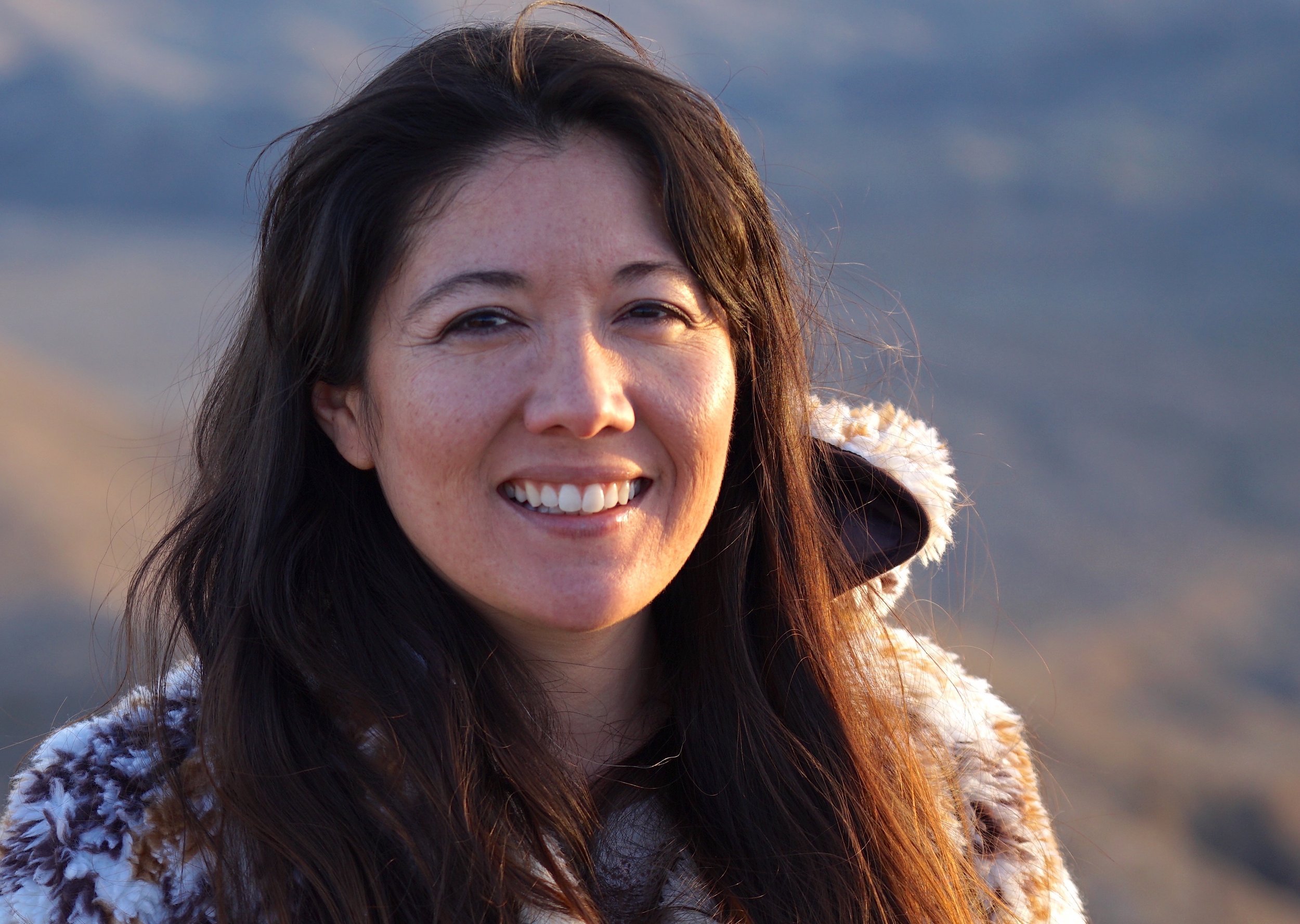
Blog Posts by Date
- June 2025
- May 2025
- April 2025
- March 2025
- February 2025
- January 2025
- December 2024
- November 2024
- September 2024
- May 2024
- March 2024
- January 2024
- December 2023
- November 2023
- October 2023
- September 2023
- April 2023
- March 2023
- February 2023
- January 2023
- December 2022
- October 2022
- July 2022
- June 2022
- May 2022
- March 2022
- February 2022
- January 2022
- December 2021
- November 2021
- October 2021
- August 2021
- May 2021
- April 2021
- March 2021
- February 2021
- January 2021
- December 2020
- November 2020
- October 2020
- September 2020
- August 2020
- July 2020
- June 2020
- May 2020
- April 2020
- March 2020
- January 2020
- December 2019
- November 2019
- October 2019
- September 2019
- August 2019
- June 2019
- May 2019
- December 2018
- October 2018
- September 2018
- August 2018
- July 2018
- June 2018
- May 2018
- February 2018
- January 2018
- December 2017
- November 2017
- October 2017
- September 2017
- August 2017
- July 2017
- June 2017
- May 2017
- April 2017
- March 2017
- February 2017
- January 2017
- December 2016
- September 2016
- August 2016
- July 2016
- June 2016
- March 2016
- February 2016
- January 2016
- December 2015
- November 2015
- October 2015
- September 2015
- August 2015
- July 2015
- June 2015
- May 2015
- April 2015
- February 2015
- January 2015
- December 2014
- November 2014
- October 2014
- September 2014
- August 2014
- July 2014
- June 2014
- May 2014
- April 2014
- March 2014
- February 2014
- January 2014
- November 2013
- October 2013
- September 2013

Between Reality and Fiction: Catherine Oyster's Journey in the Entertainment Industry
Writer Catherine Oyster discusses her journey from unscripted TV to participating in the Writers’ Access Support Staff Training Program. As a science fiction writer, Oyster shares her concerns about A.I.'s potential impact on creativity and emphasizes the need to keep humans in decision making. She credits the program for preparing her for her role as the script coordinator on Netflix’s Outer Banks.

Behind the Scenes with Scout Comm: Making the Jump from Development to the Writers' Room
Scout Comm is a non-binary Pittsburgh native and screenwriter who focuses on telling queer coming-of-age stories with a genre twist. After several years in television development, Comm participated in the Writers Access Support Staff Training Program and pivoted to the world of television writing. After their time in the program, they worked as the script coordinator for The L Word: Generation Q.

Bios, Personal Statements, Writing Resumes—Oh my!
If you’ve ever applied to a school or a job, you’ve likely had to write a bio, personal statement or resume.
These bits of accessory writing are equally important to helping you get your foot in the ever-elusive door to becoming a professional film and TV writer. An intriguing bio or personal statement can get a manager, showrunner, head of a writing program (or any person on the other end of the hiring table) excited about you and eager to read your work.
